
Speaking to Xinhua over the phone Tuesday, Abdulla attributed the shift in the West's stance to the fear of the growing extreme organizations and the gravity of prolonging the crisis, which would further empower the radical groups and threaten the western interests in the region.
The third reason, Abdullah claimed, is the popular stance toward the armed rebels, explaining that people have started to complain of the rebels' existence in populated areas and their actions.
On al-Khatib's calls for conditioned dialogue, Abdullah said the dialogue should be based on no preconditions.
Downplaying the opposition leader's demands for the release of detainees and renewing travel documents for Syrians abroad, the political expert said such terms are "unconvincing" and " formalities," saying that al-Khatib put forward those terms to justify the sudden change of stances.
 |  |
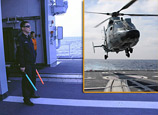


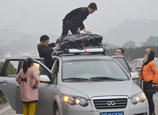
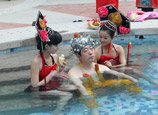

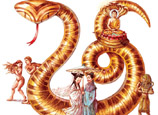

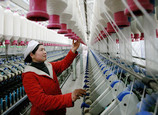
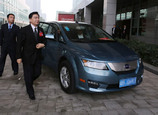






 A 9-year-old girl and her father are traveling to 31 major cities across China on foot and by hitchhiking.
A 9-year-old girl and her father are traveling to 31 major cities across China on foot and by hitchhiking.


![]()
